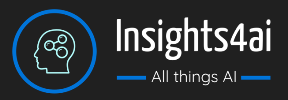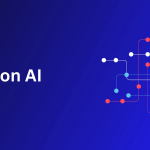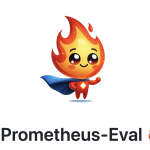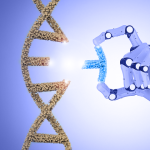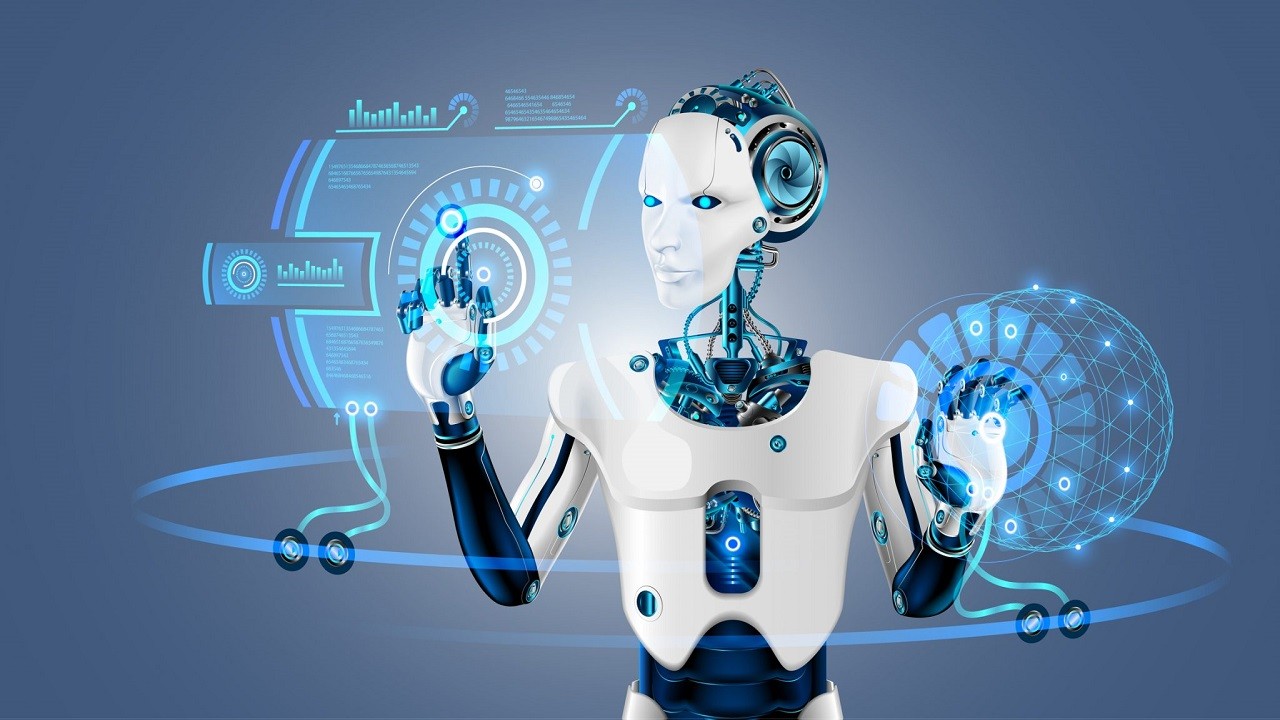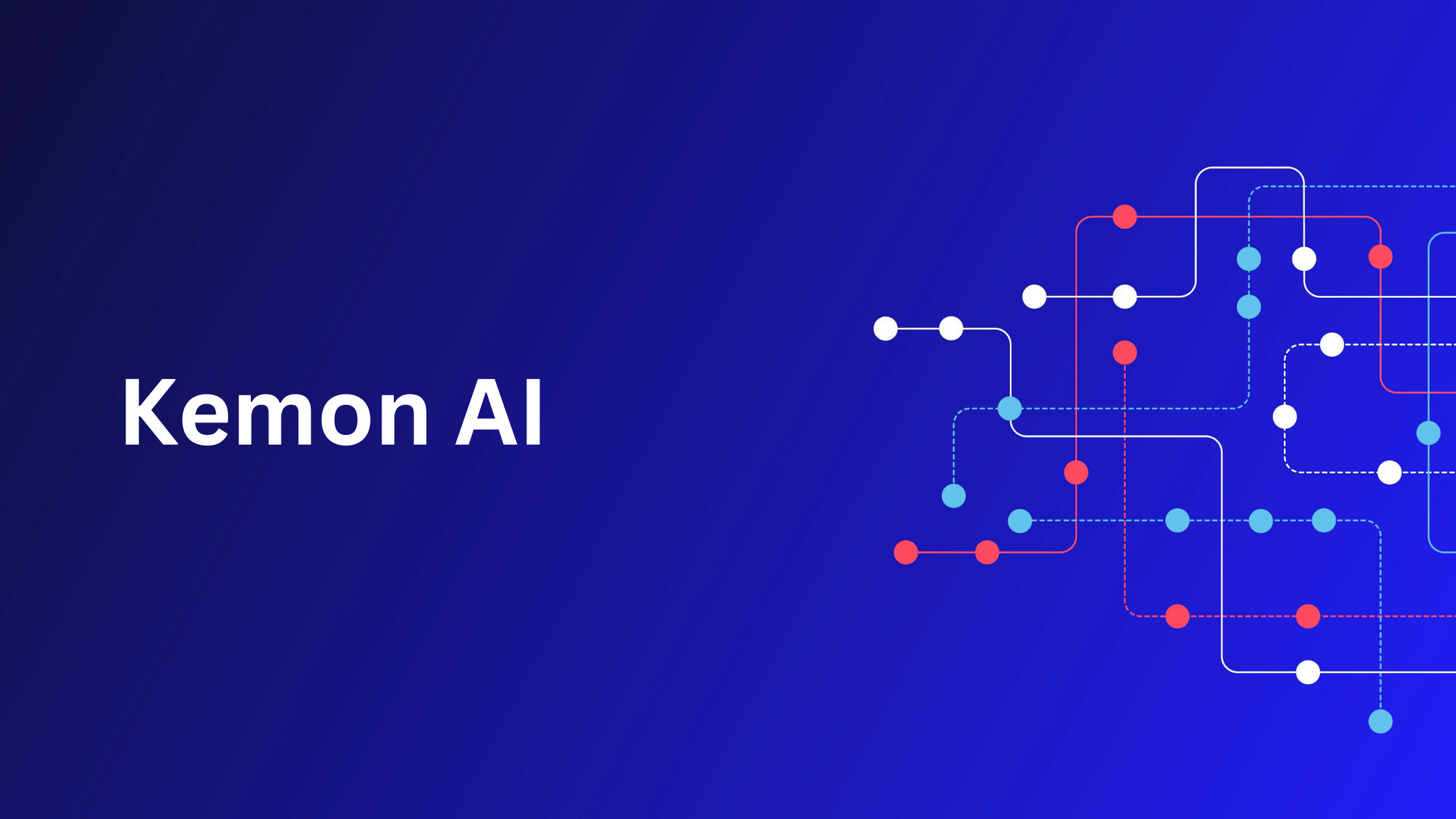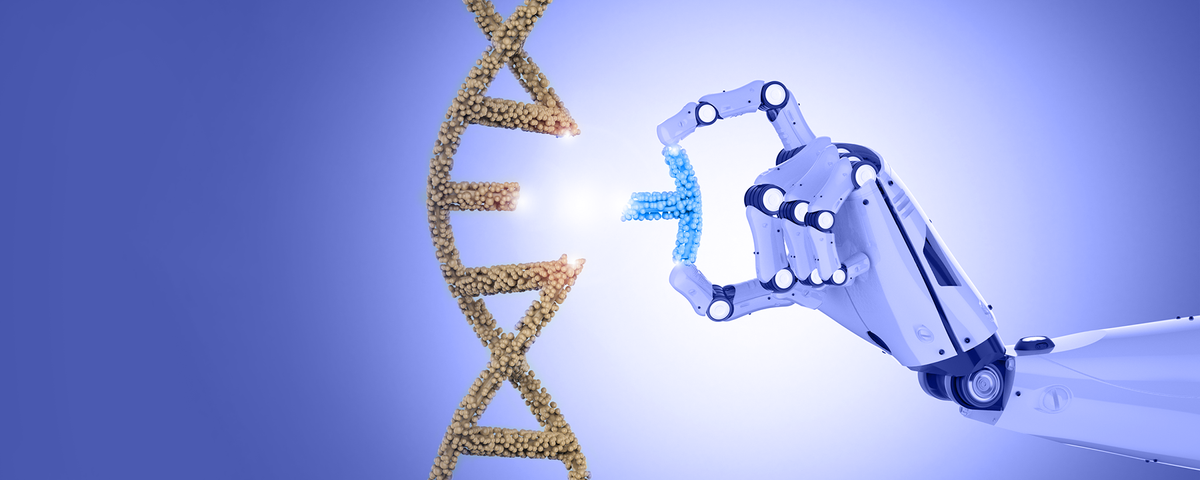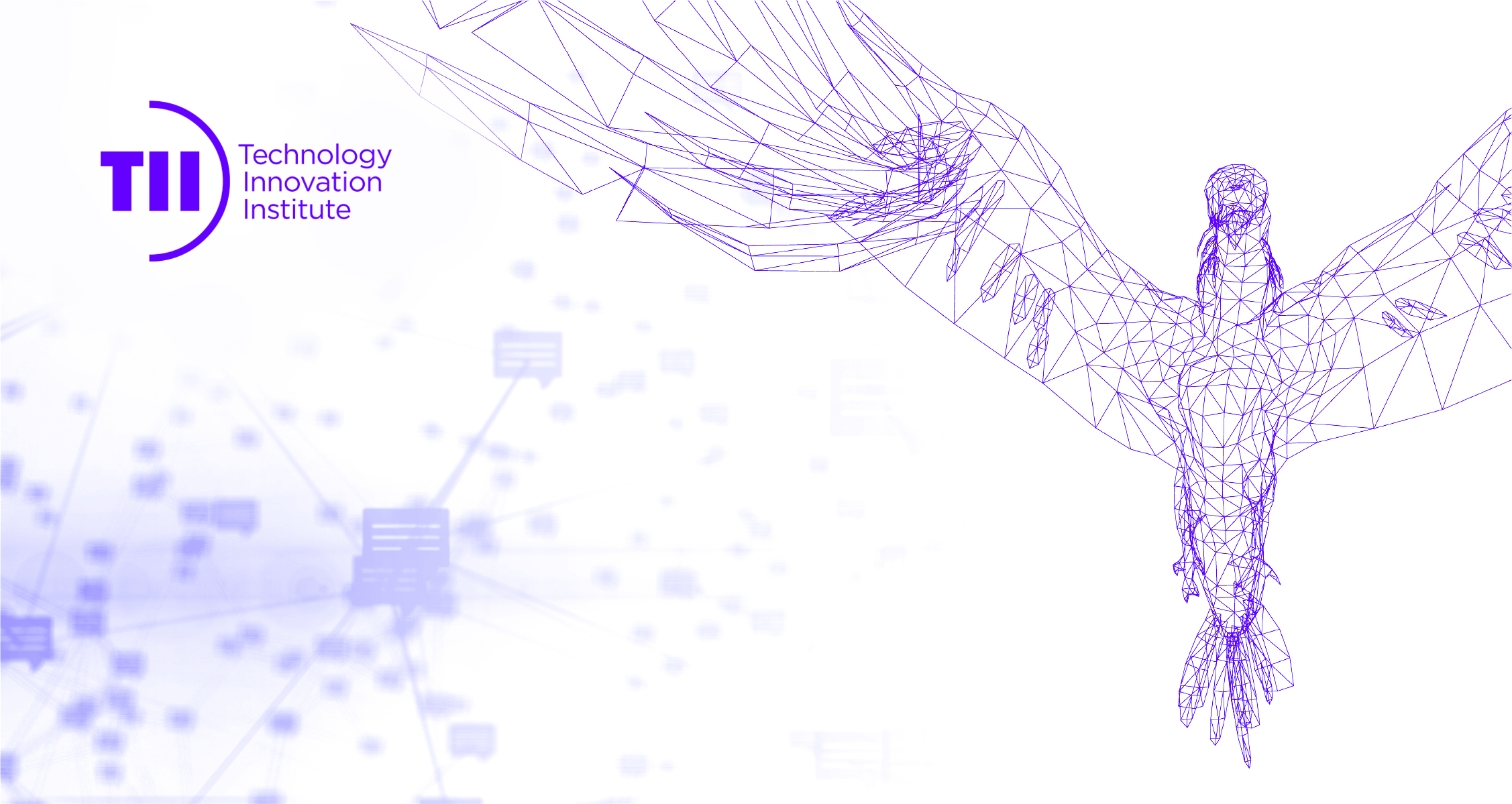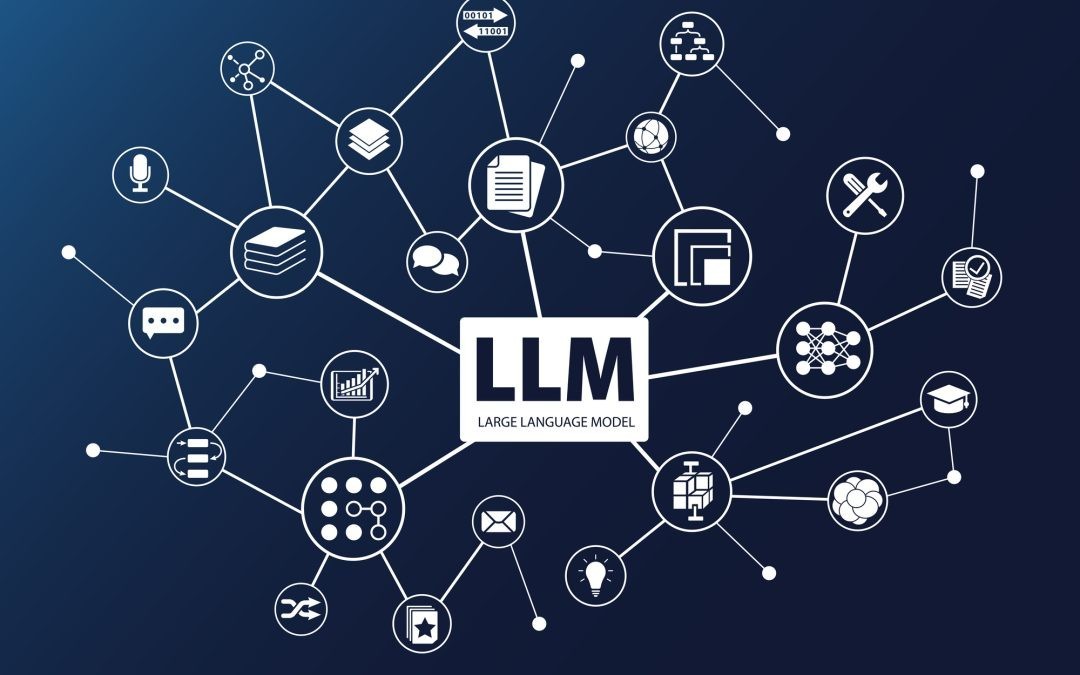Hugging Face has recently introduced LeRobot, a machine learning (ML) model created especially for practical robotics use. LeRobot provides an adaptable platform with an extensive library for advanced model training, data visualization, and sharing. This release represents a major advancement in the goal of increasing robots’ usability and accessibility for a broad spectrum of users.
LeRobot is based on PyTorch and seeks to offer models, datasets, and instruments designed for practical robotics. The platform combines state-of-the-art methods with effective real-world applications, with a primary focus on reinforcement learning and imitation learning. To assist users in getting started quickly, Hugging Face has already made a variety of pretrained models, human-collected example datasets, and simulated scenarios available. The platform intends to emphasize price and capability while extending its support for real-world robotics over the next few weeks.
These pretrained models and datasets are hosted on LeRobot’s Hugging Face community website, offering developers an easily accessible resource. Remi Cadene, a former staff scientist at Tesla, Inc., has been leading the development of LeRobot. In the domain of robotics, Cadene has compared LeRobot to the Transformers library, emphasizing its ability to streamline project commencement through pretrained models and smooth interface with physics simulators.
LeRobot’s capabilities have been recently showcased in tests conducted in a variety of settings. LeRobot, for example, was compared against a comparable model trained with the original ACT repository in the AlohaTransferCube scenario. LeRobot demonstrated its effectiveness and offered insightful information about its performance in more than 500 episodes. Similarly, LeRobot proved its robustness over 500 episodes when evaluated in the PushT environment versus a model trained using the original Diffusion Policy code.
The team has shared that they want to make LeRobot an adaptable AI system that can drive any sort of robot. It is designed to handle a variety of robotic gear, from basic educational arms to sophisticated humanoids used in research. Its adaptability makes it more applicable to a wider range of robotics applications, including complex research projects and educational settings.
LeRobot has the ability to greatly simplify robotics development and reduce the barrier to entry for new contributors. Even with its great promise, there are still certain things to take into account, especially with regard to performance, device compatibility, and documentation. These features will be essential as the platform develops to guarantee that LeRobot achieves its mission of enabling everyone to have access to advanced robots.
In conclusion, LeRobot offers an open-source, community-driven platform that has the potential to transform the way robotic applications are approached, marking a significant advancement in the area of robotics. LeRobot harnesses the potential of machine learning and the cooperative nature of the open-source community and is poised to pioneer a more inventive and diverse robotics future.
